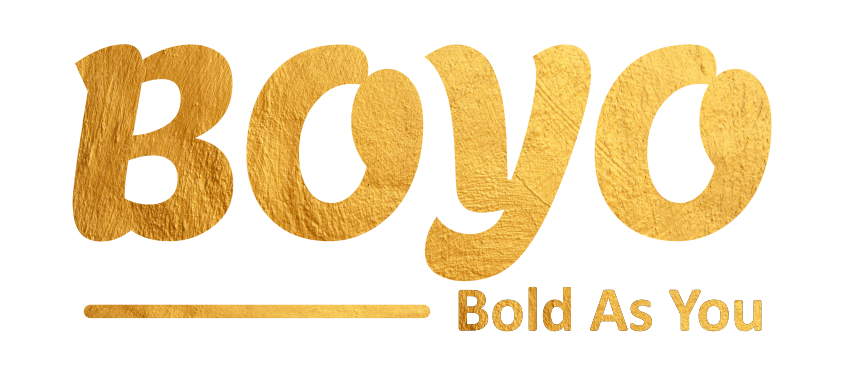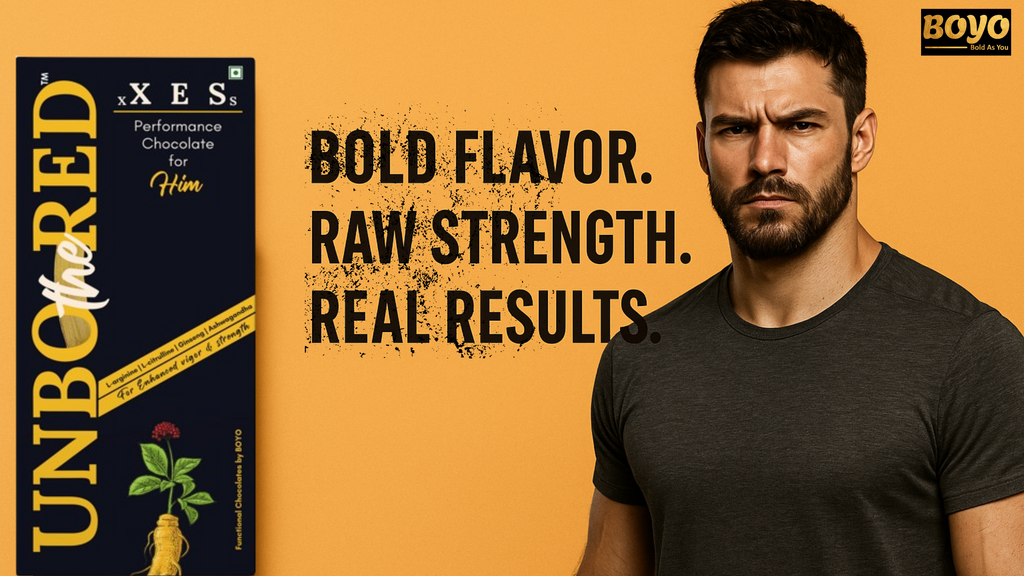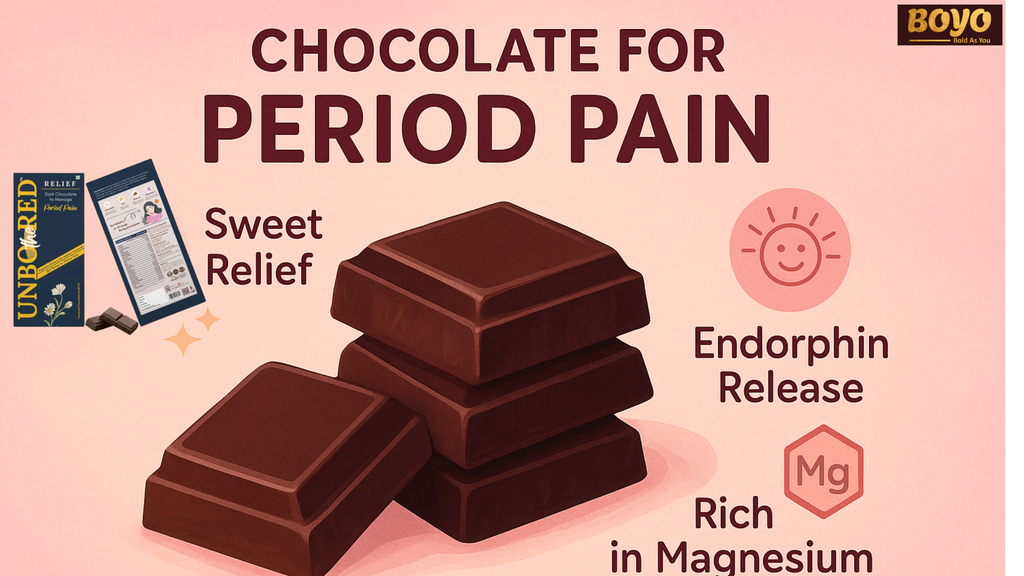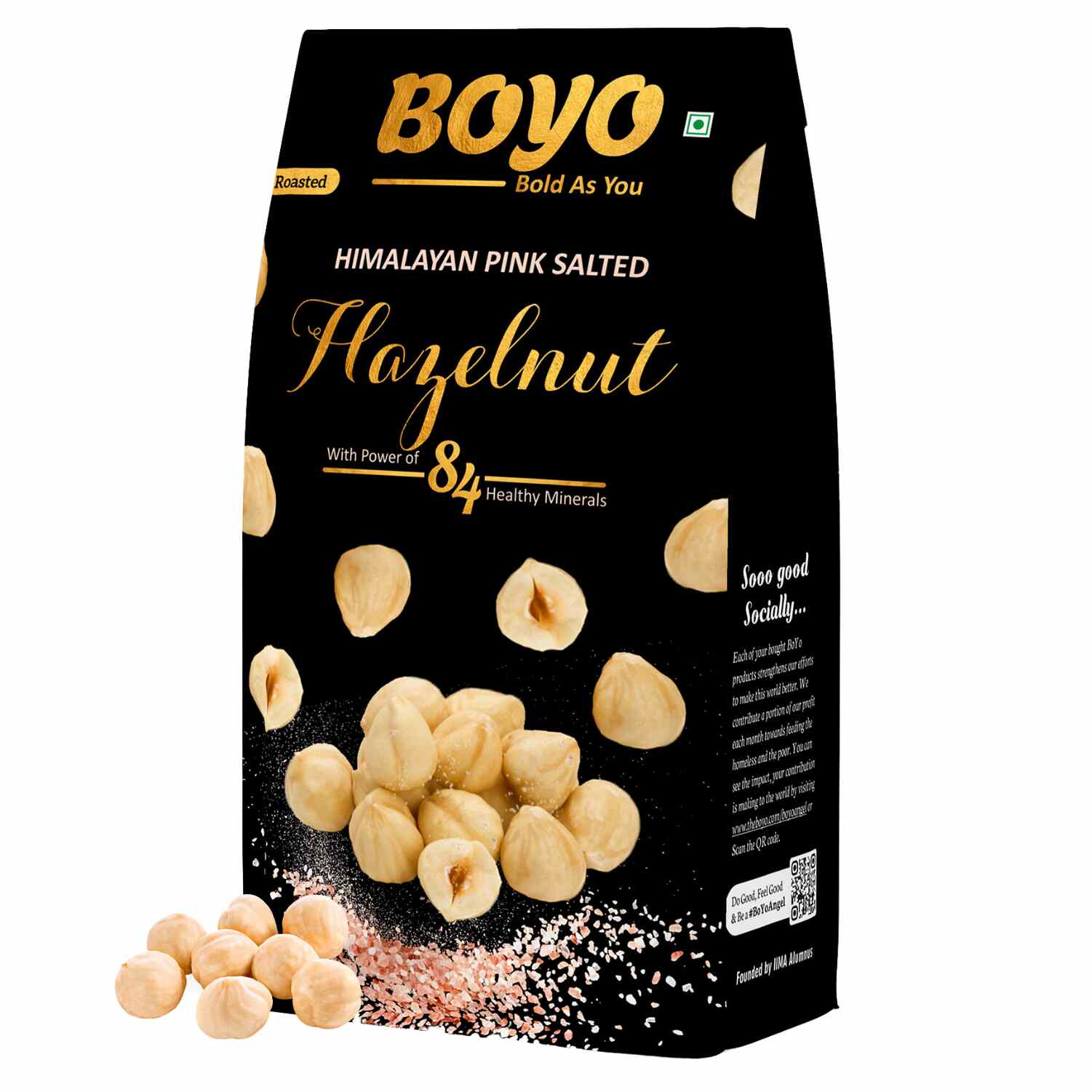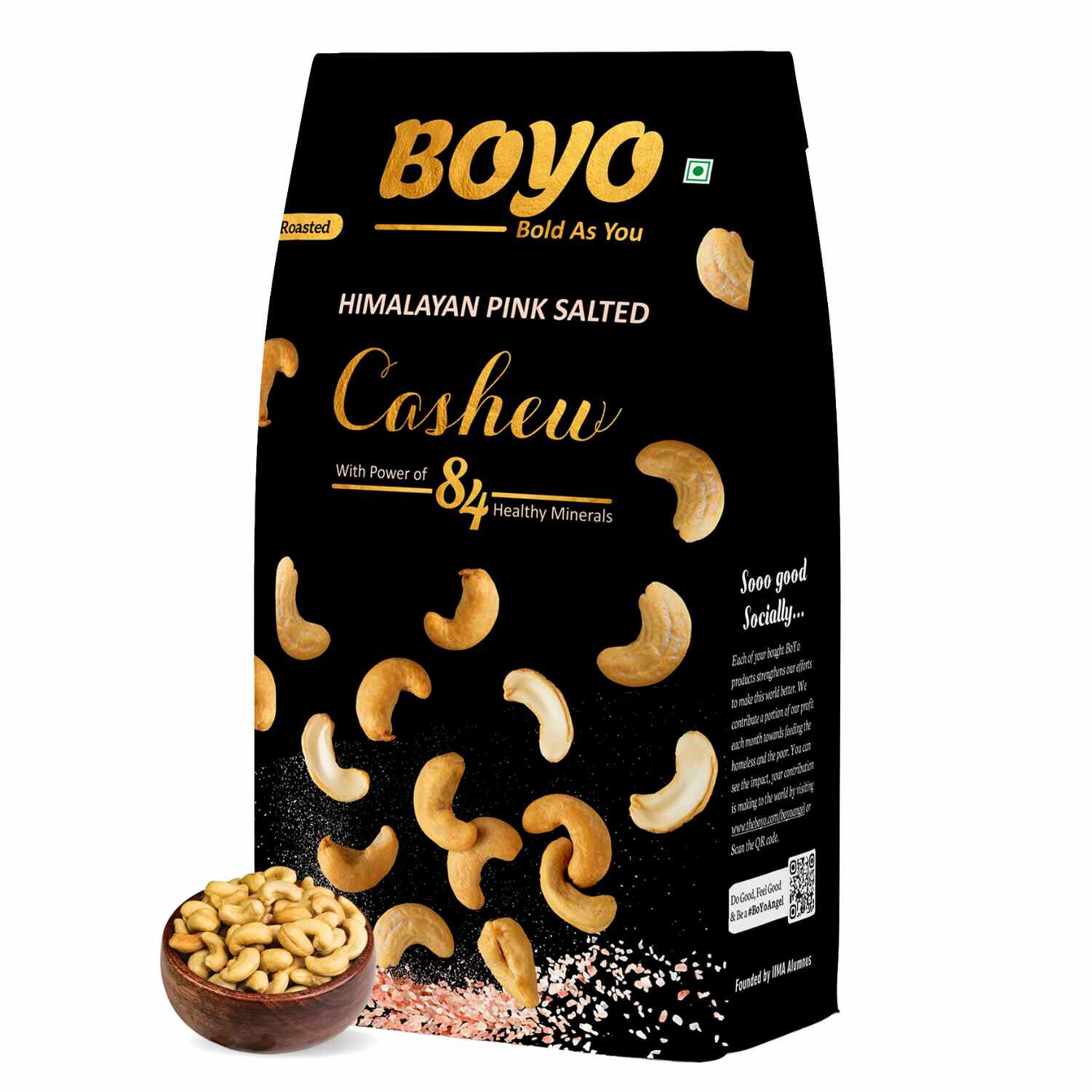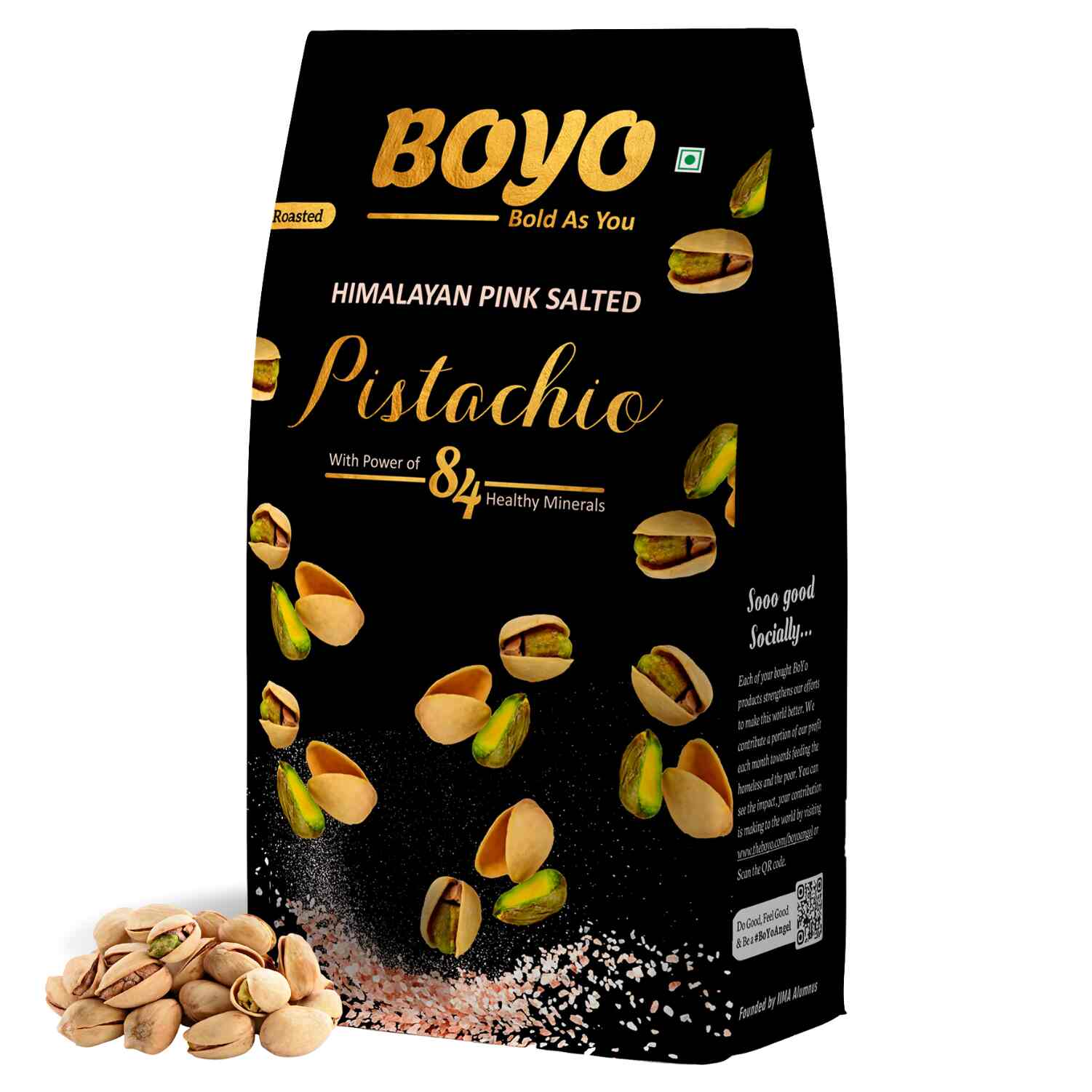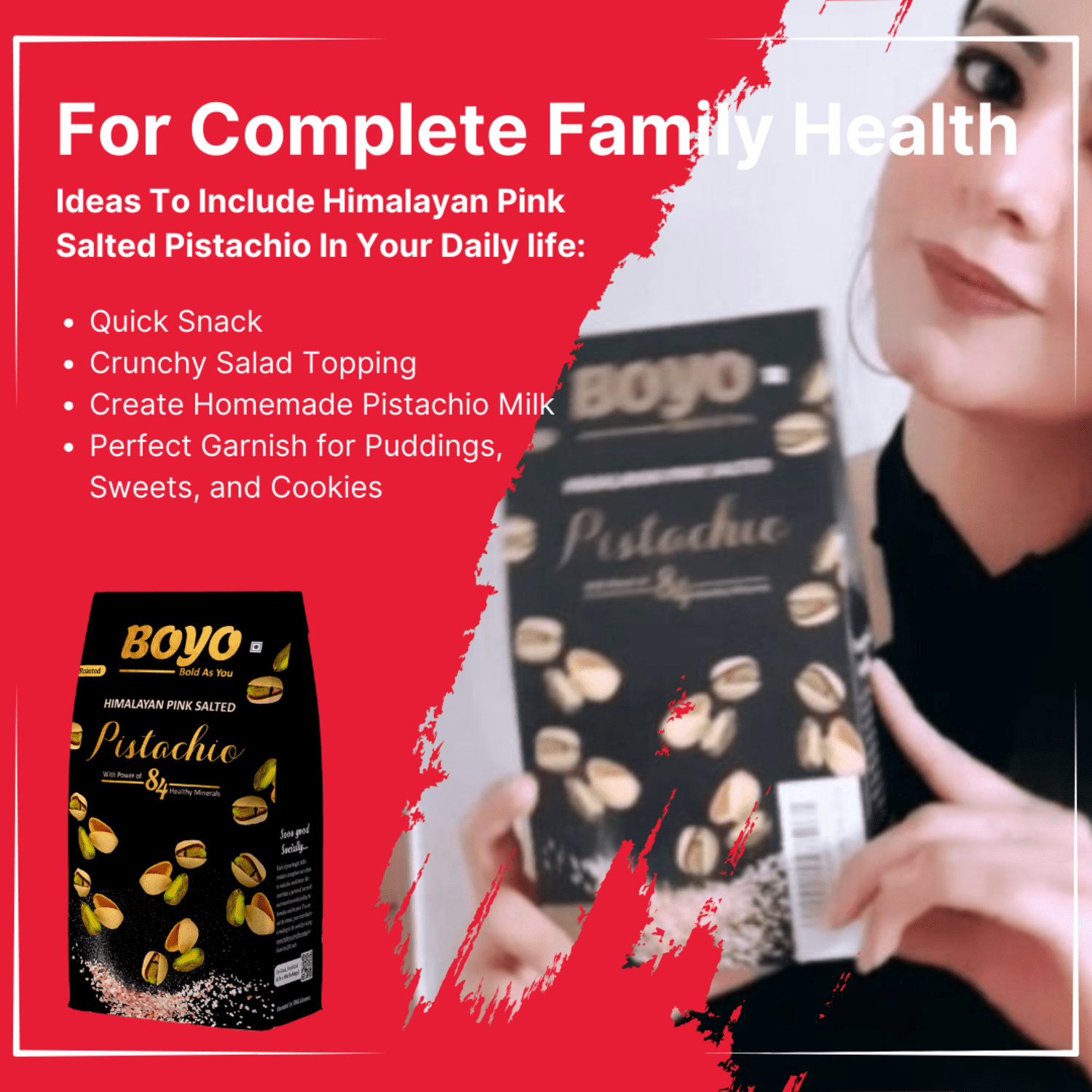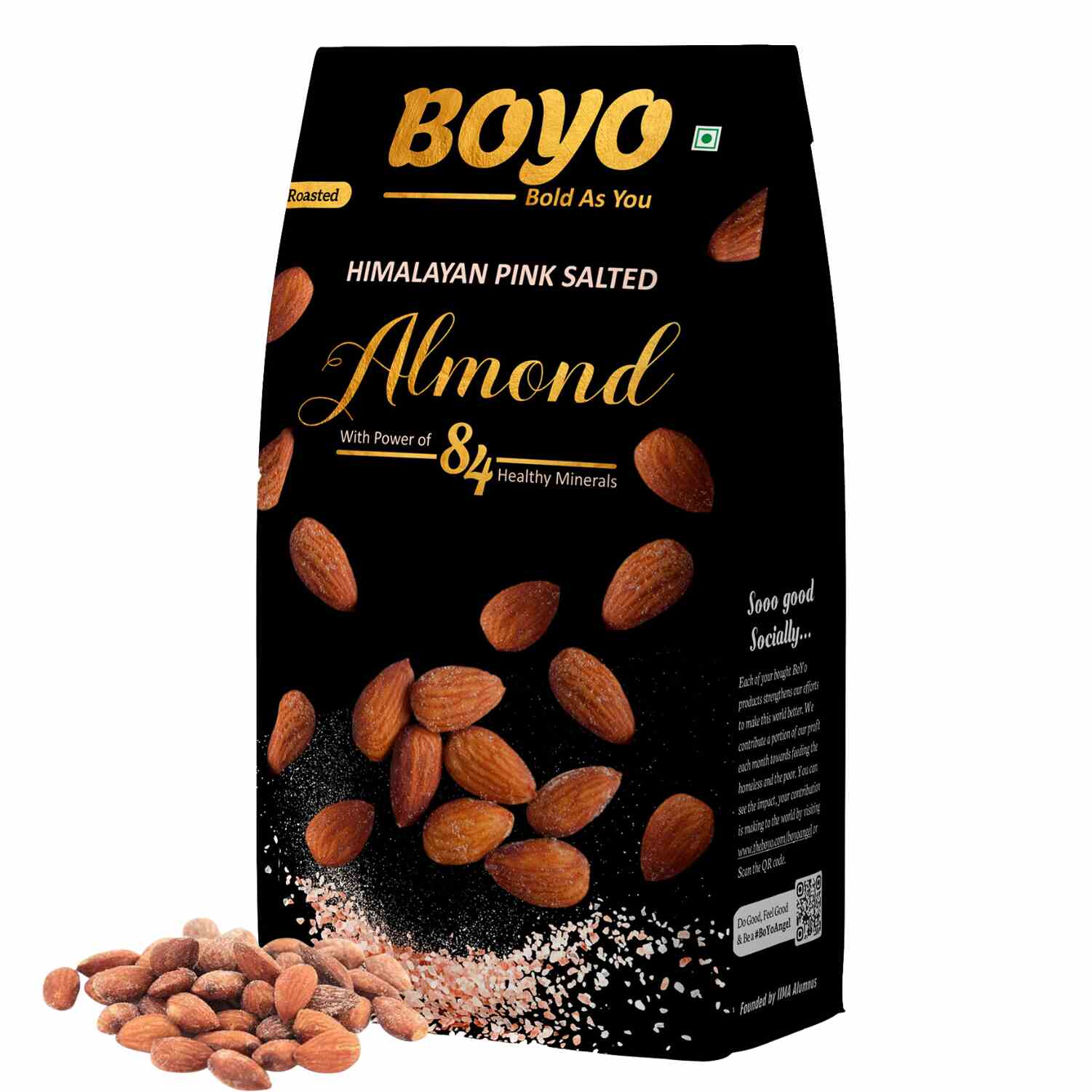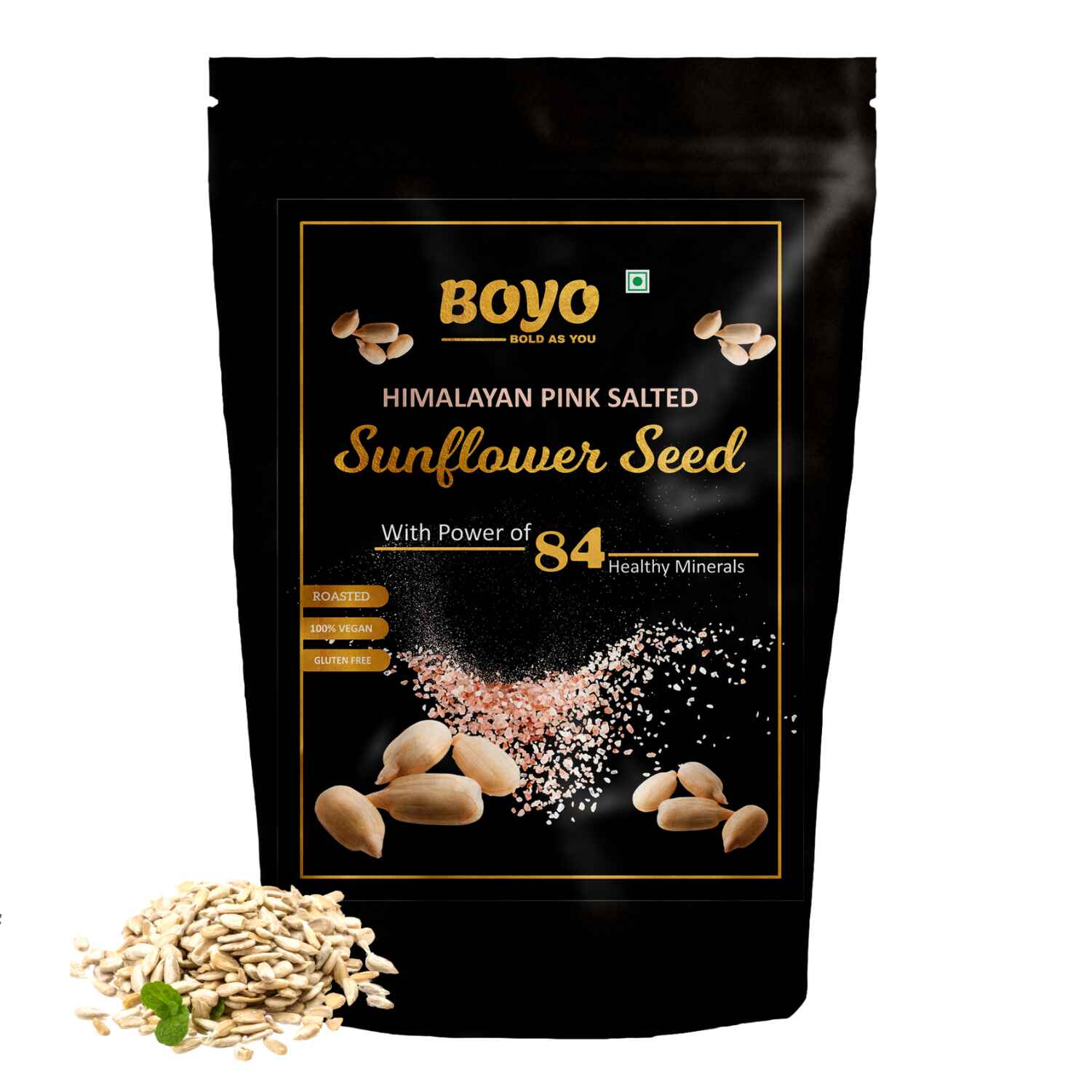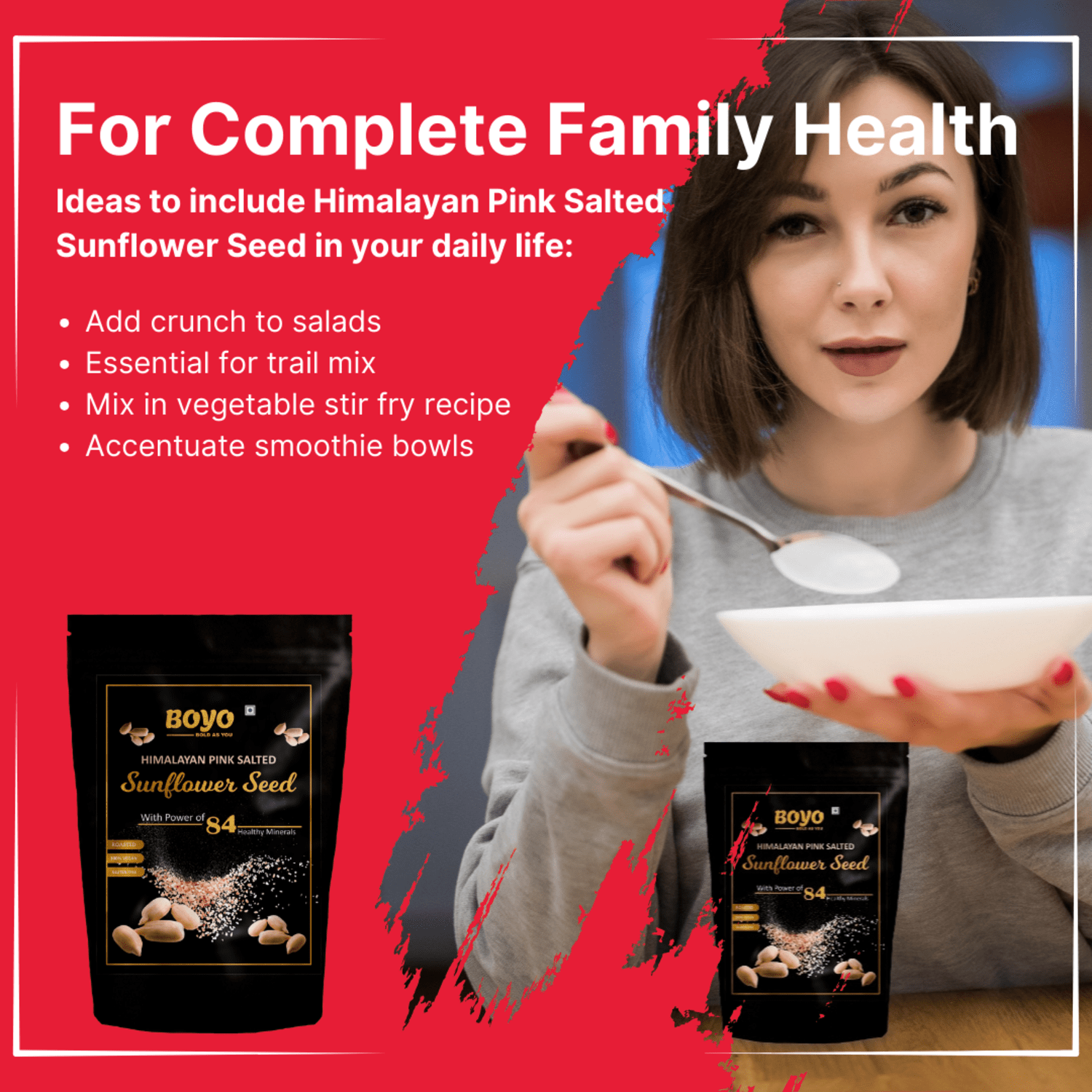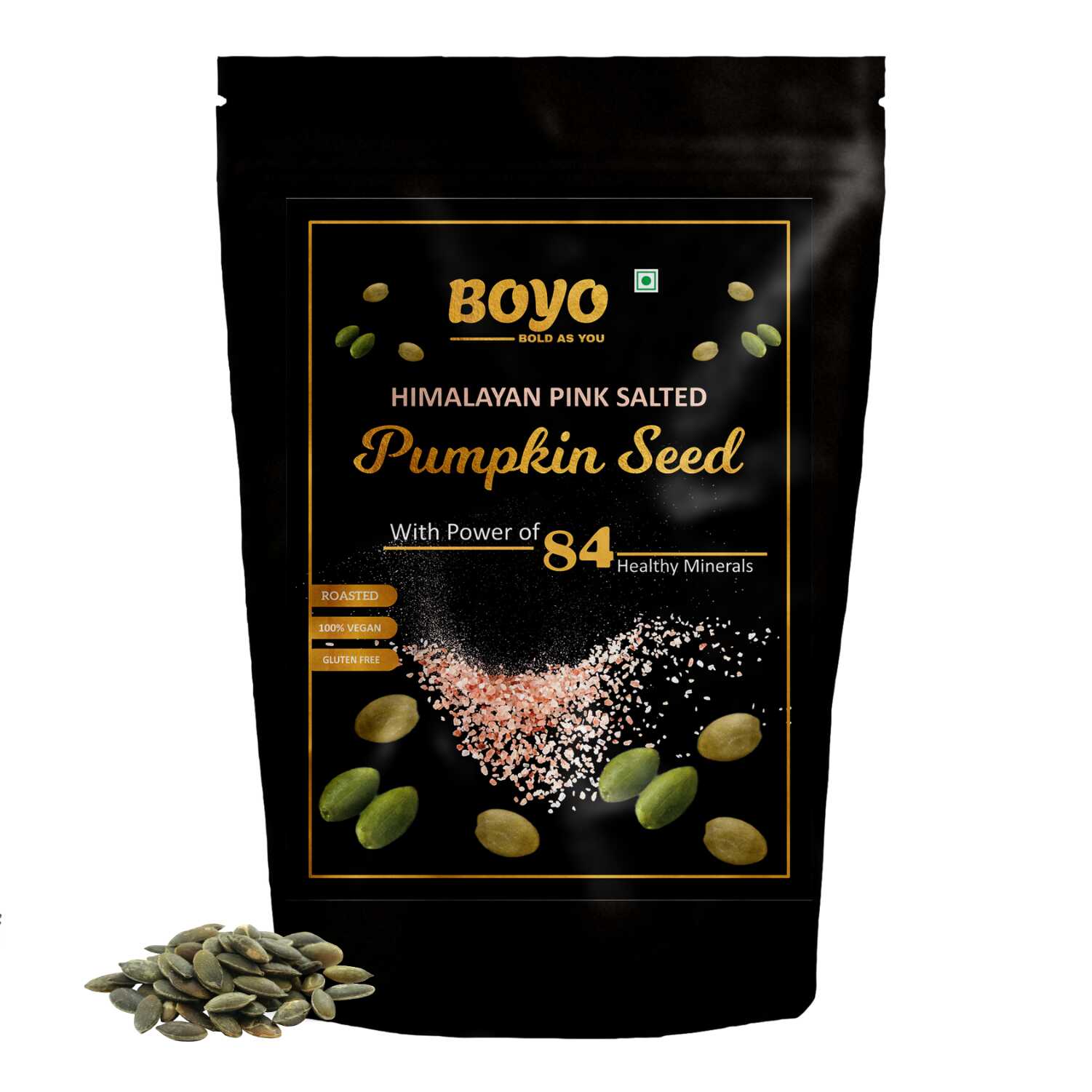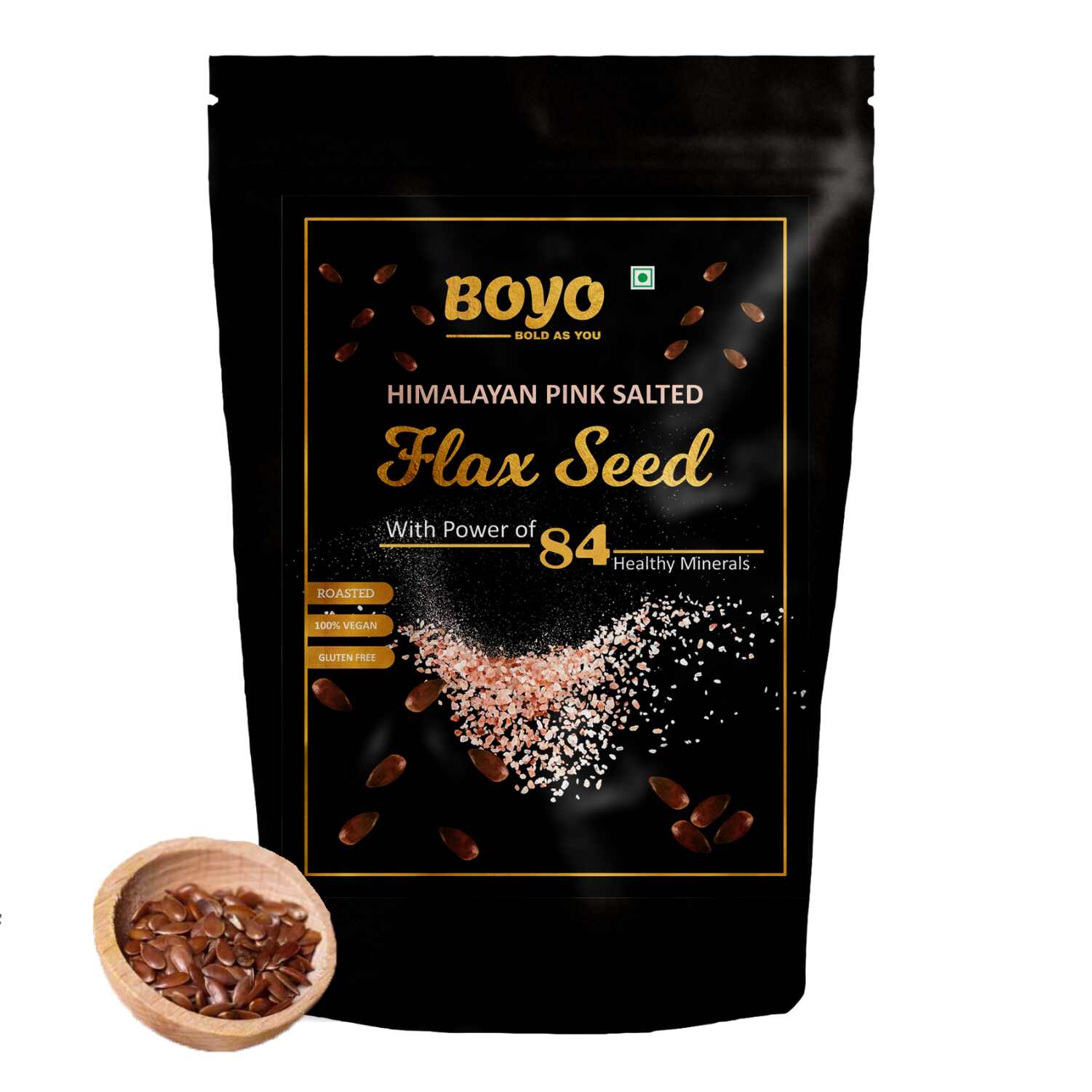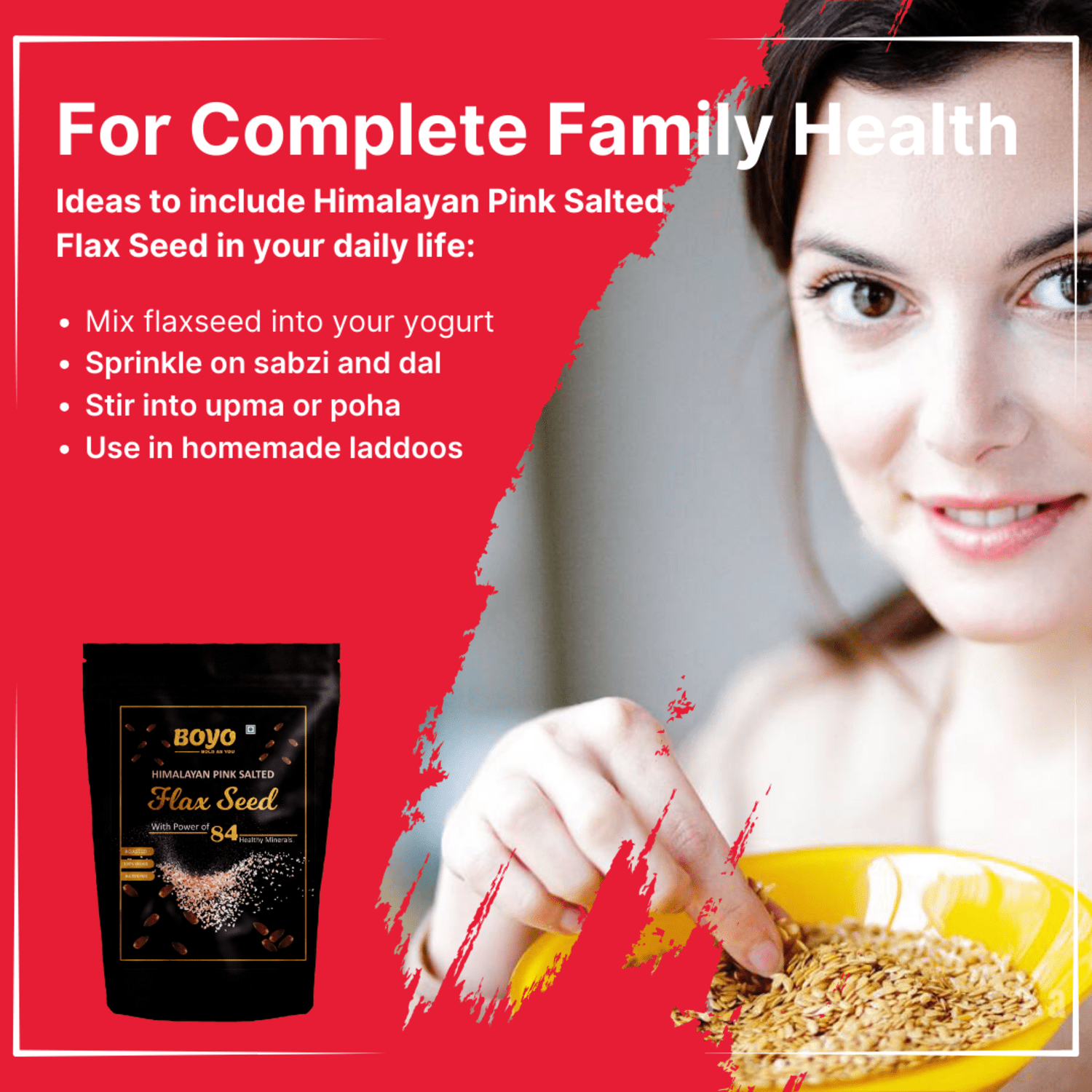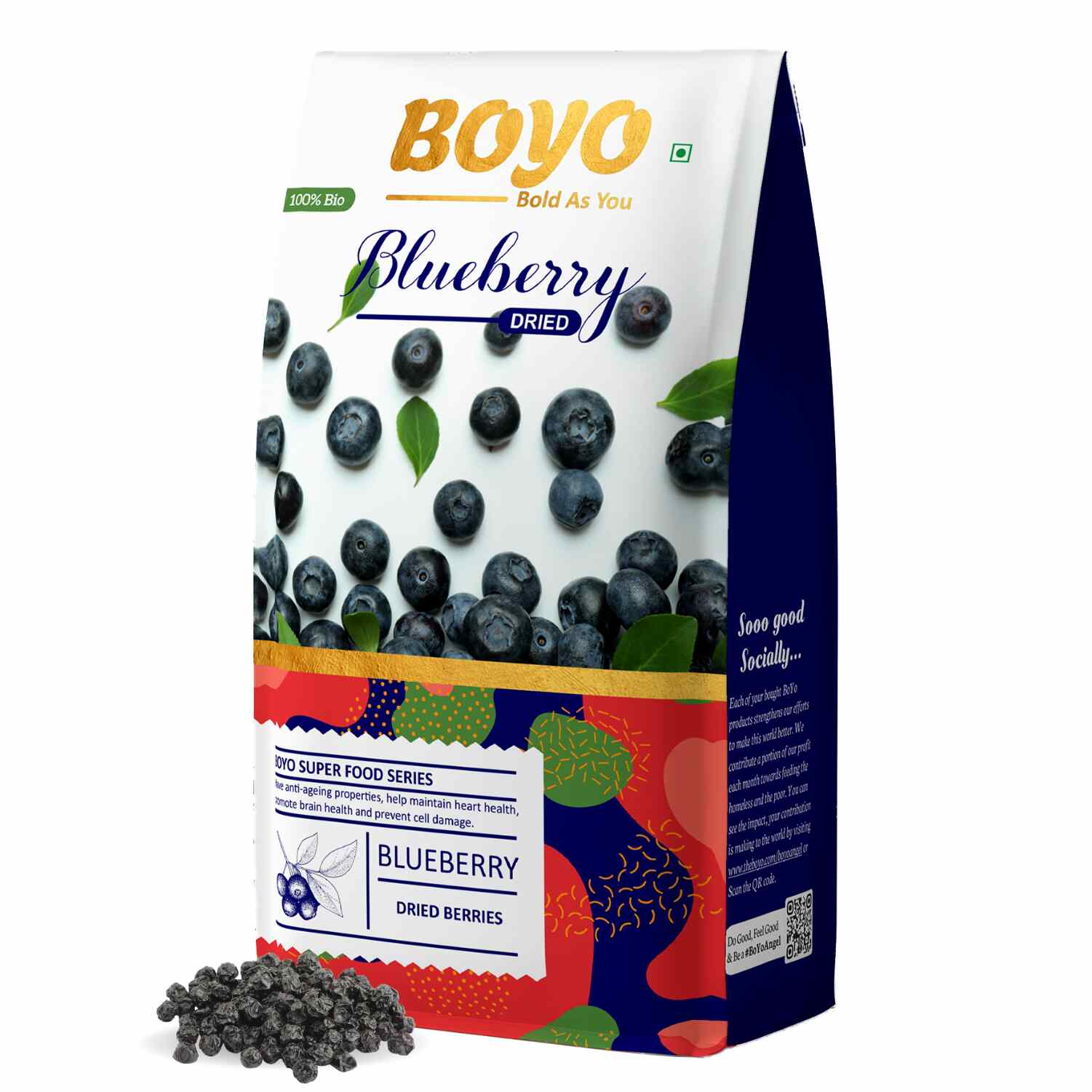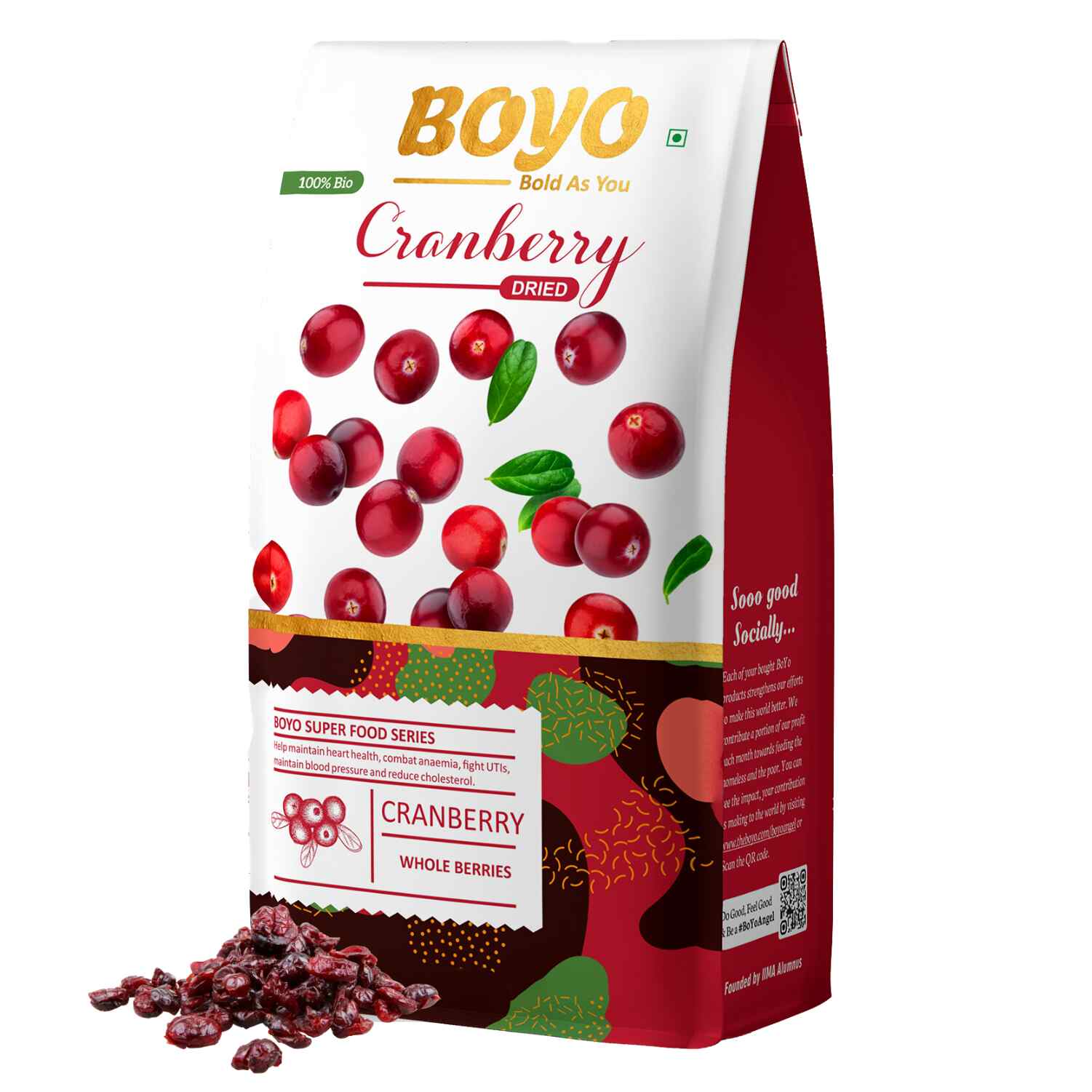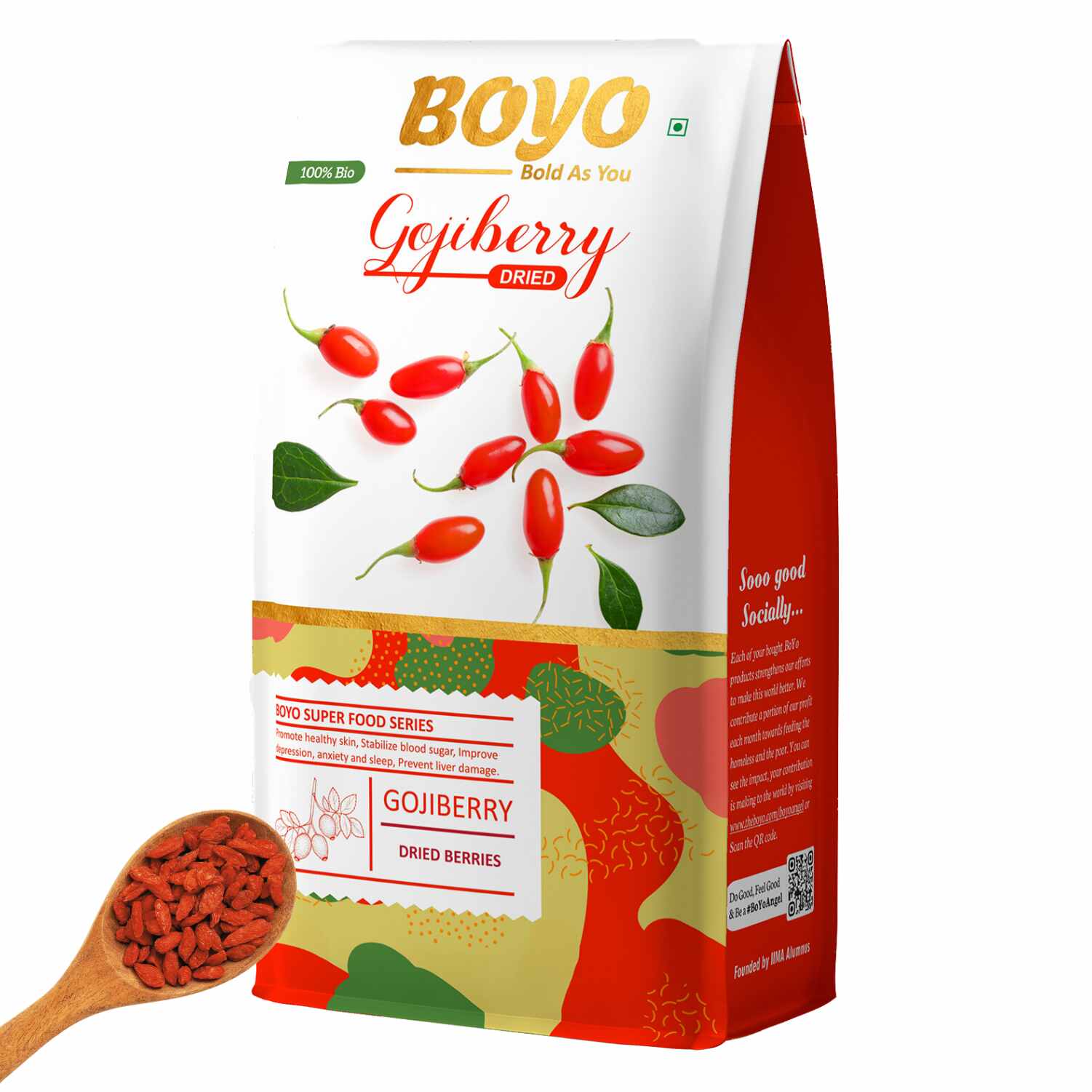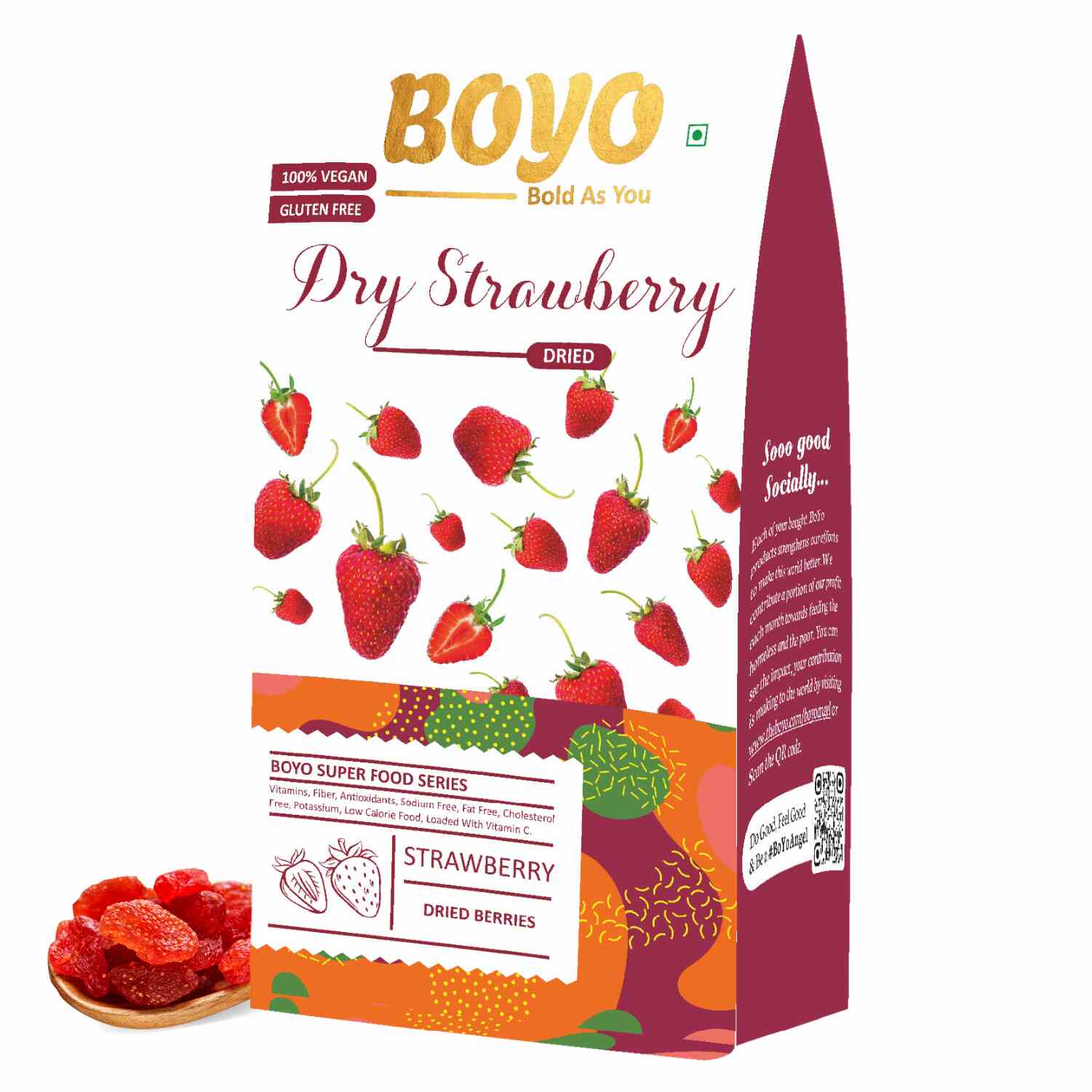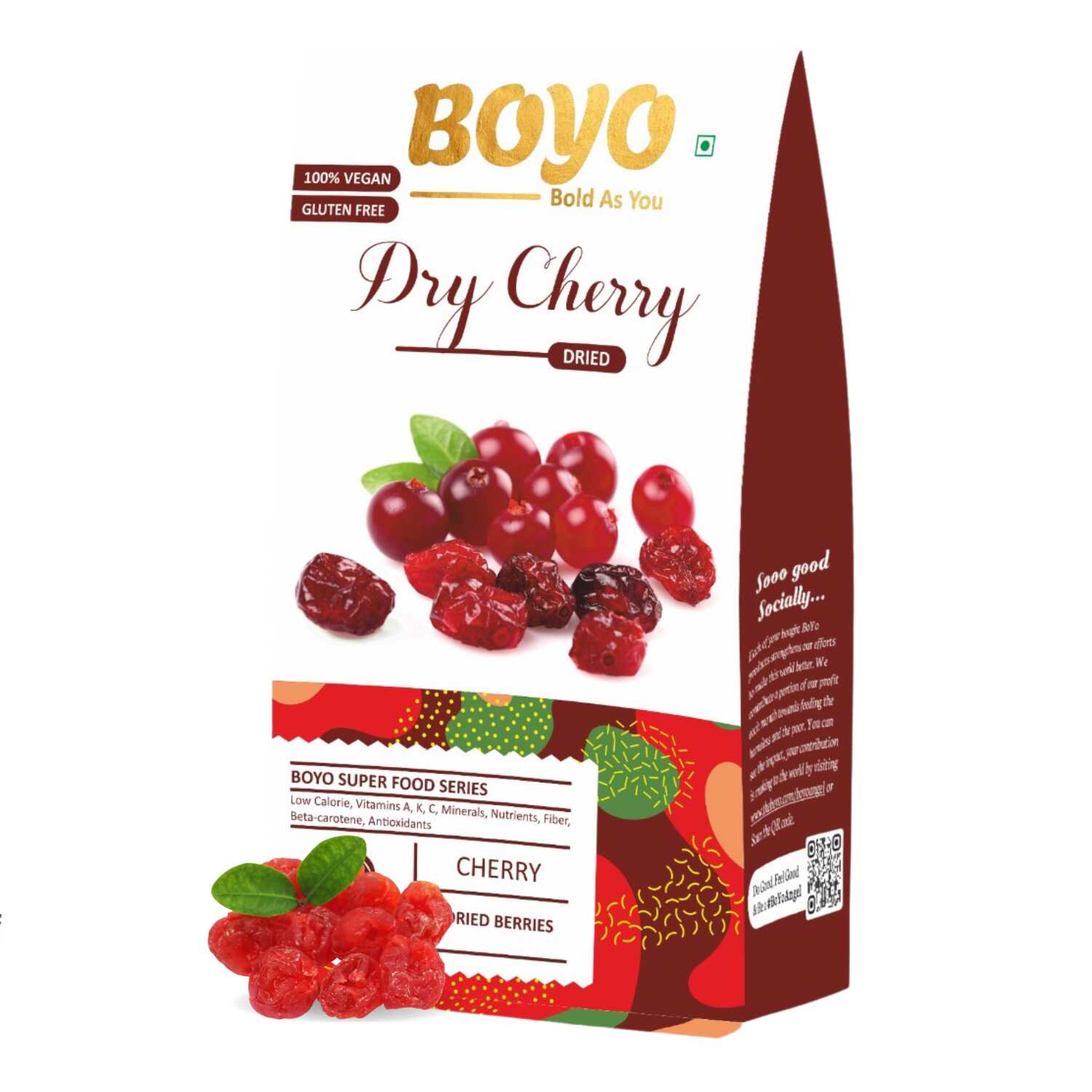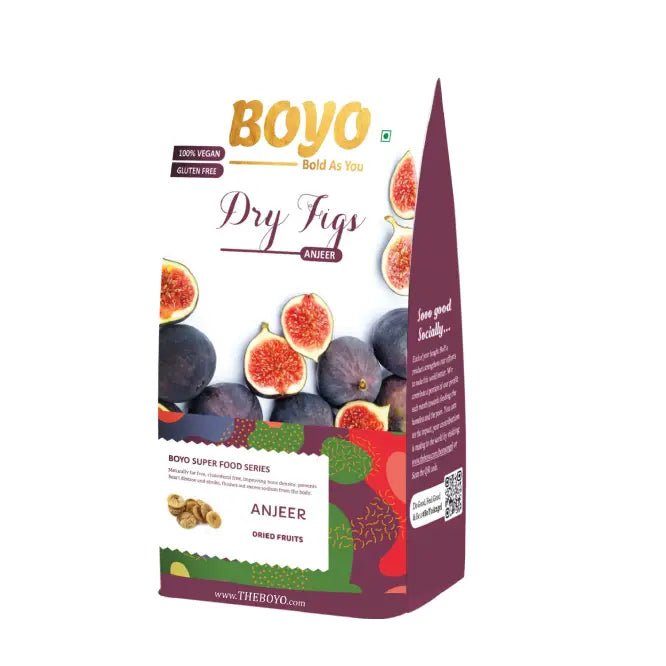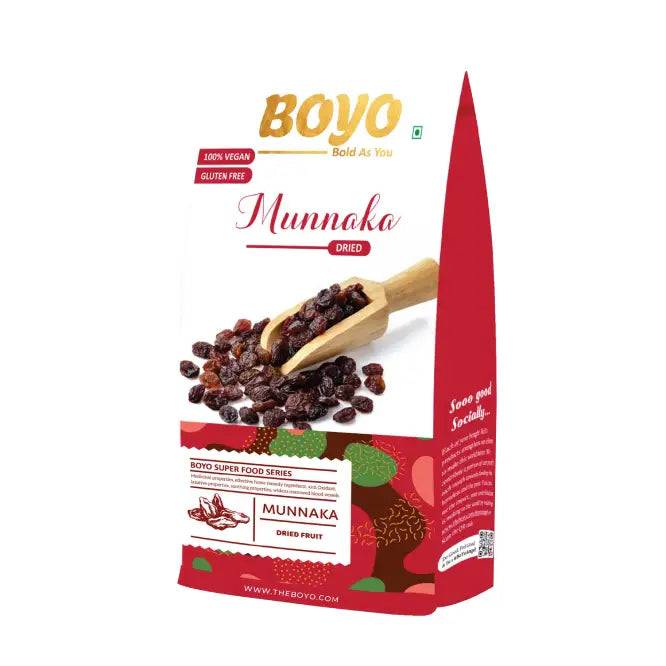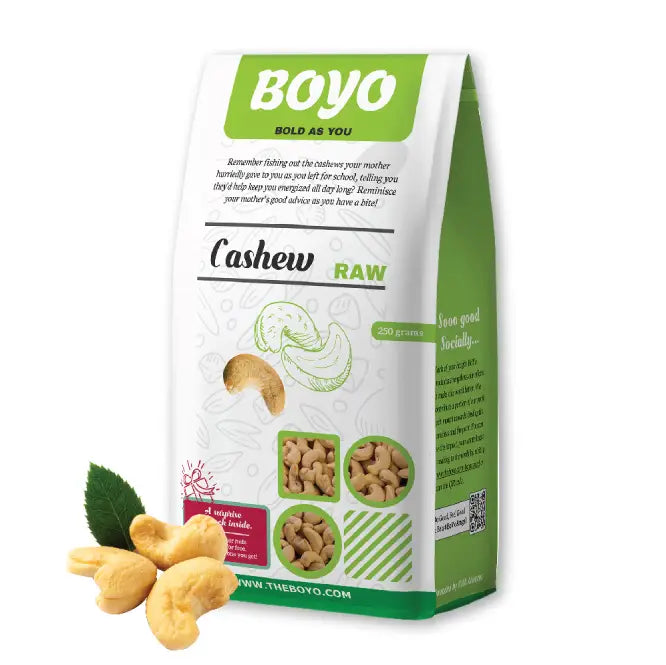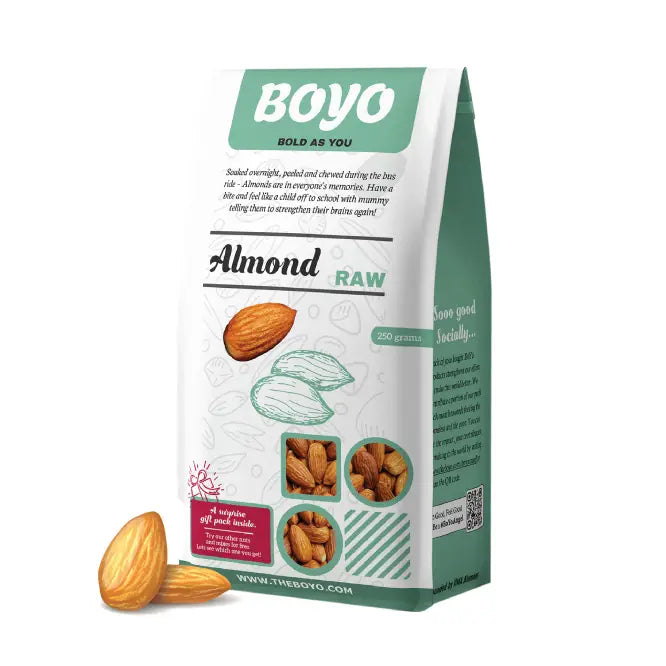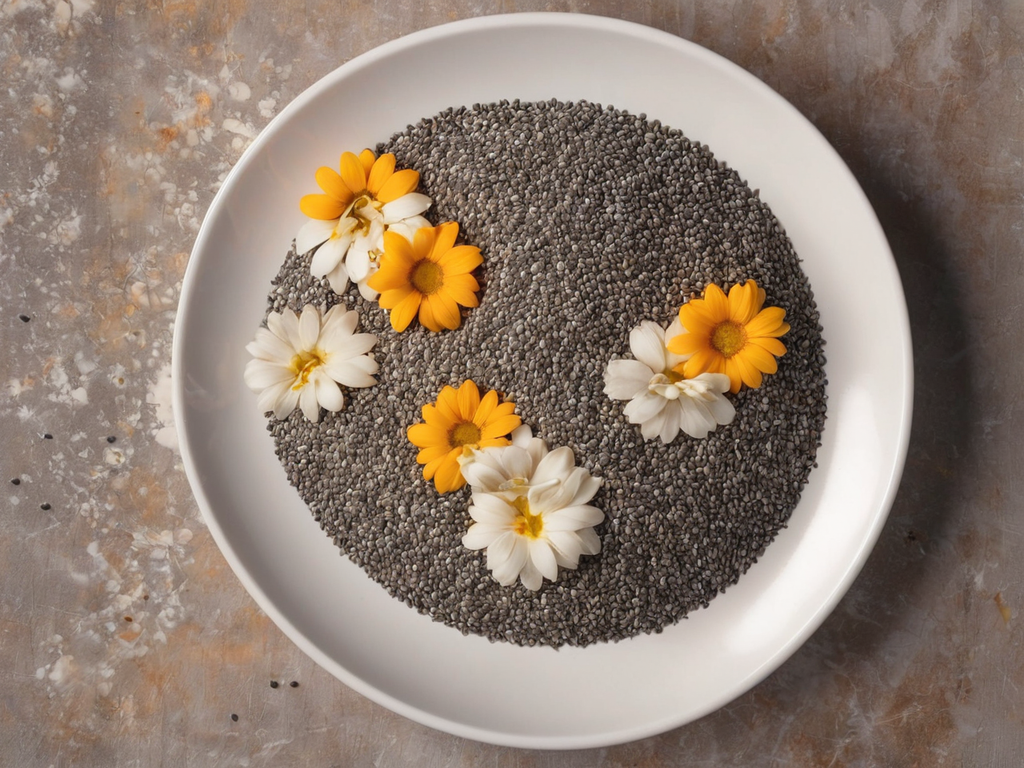
Chia Seeds: Benefits, Uses, Women's Health, Recipes, Protein Value, & Chia Water

Introduction
Chia seeds, small but mighty, have garnered significant attention in recent years for their impressive nutritional profile and versatility in the kitchen. Once a staple food of ancient civilizations, chia seeds are now celebrated worldwide as a superfood. This comprehensive guide will explore chia seeds, their health benefits, how to use them, their specific benefits for women, their suitability for summer, delicious recipes, their role as a protein source, and more.What Are Chia Seeds?
Chia seeds come from the Salvia hispanica plant, a member of the mint family. Originating in Central and South America, chia seeds were a fundamental part of the Aztec and Mayan diets. The word "chia" means strength in the Mayan language, reflecting the seeds' reputation as an energy-boosting food.These tiny seeds, typically black or white, have a neutral taste, making them a versatile ingredient in various dishes. Despite their small size, chia seeds are packed with essential nutrients, including fiber, protein, omega-3 fatty acids, and numerous vitamins and minerals.
Health Benefits of Chia Seeds
High in Fiber
Chia seeds are exceptionally high in dietary fiber, which promotes digestive health by preventing constipation and maintaining bowel regularity. A single ounce (about 28 grams) of chia seeds contains around 11 grams of fiber, nearly half the daily recommended intake.Rich in Omega-3 Fatty Acids
Chia seeds are one of the best plant-based sources of omega-3 fatty acids, particularly alpha-linolenic acid (ALA). Omega-3s are essential for heart health, reducing inflammation, and supporting brain function.Excellent Source of Protein
Chia seeds are a complete protein, containing all nine essential amino acids. This makes them an excellent protein source, particularly for vegetarians and vegans.High in Antioxidants
Chia seeds are rich in antioxidants, which help protect the body from oxidative stress and inflammation, reducing the risk of chronic diseases like heart disease and cancer.Supports Bone Health
Chia seeds are an excellent source of calcium, magnesium, and phosphorus, all of which are crucial for maintaining strong and healthy bones.Aids in Weight Management
The high fiber and protein content in chia seeds help promote satiety, reducing overall calorie intake and aiding in weight management.
The Chia Seeds Plant

The chia seeds plant, scientifically known as Salvia hispanica, is a member of the mint family (Lamiaceae) and is native to Central and South America. This ancient plant has been cultivated for thousands of years and was a staple food for the Aztecs and Mayans. Chia seeds, the tiny black or white seeds harvested from this plant, are celebrated for their impressive nutritional profile and versatility in the kitchen.
Characteristics of the Chia Plant
- Appearance: The chia plant is a hardy, herbaceous annual that can grow up to 3 feet (1 meter) tall. It has square stems, a characteristic of the mint family, and broad, green leaves that are oppositely arranged.
- Flowers: Chia plants produce beautiful, small blue, white, or purple flowers arranged in spikes. The flowers are the reproductive part of the plant and develop into seed heads containing the prized chia seeds.
- Seeds: The seeds are tiny, oval-shaped, and can be either black, white, or gray. They have a slightly nutty flavor and a gelatinous texture when soaked in water.
How to Use Chia Seeds
Chia seeds are incredibly versatile and can be incorporated into a variety of dishes.
Soaked Chia Seeds
Soaking chia seeds in water or other liquids creates a gel-like consistency, making them a perfect addition to puddings, smoothies, and overnight oats.Chia Pudding
Combine chia seeds with your choice of milk and sweetener to create a nutritious and delicious chia pudding. Let it sit in the refrigerator for a few hours or overnight to thicken.Smoothies
Add a tablespoon of chia seeds to your favorite smoothie for an extra boost of fiber, protein, and omega-3s.Baking
Incorporate chia seeds into baked goods like muffins, bread, and cookies for added nutrition.Toppings
Sprinkle chia seeds on yogurt, oatmeal, salads, or cereal for a crunchy texture and nutritional boost.Chia Seeds for Women
Chia seeds offer specific health benefits for women, making them an excellent addition to a balanced diet.
Hormonal Balance
The omega-3 fatty acids in chia seeds can help regulate hormone levels, reducing symptoms of PMS and menopause.Bone Health
Women are at a higher risk of osteoporosis, particularly after menopause. The calcium and magnesium in chia seeds support bone health, helping to prevent bone loss.Weight Management
The high fiber and protein content in chia seeds can aid in weight management, which is particularly beneficial for women looking to maintain a healthy weight.Skin Health
The antioxidants and omega-3s in chia seeds promote healthy, glowing skin by reducing inflammation and protecting against free radical damage.Chia Seeds for Summer
Chia seeds are particularly beneficial during the summer months when hydration and energy levels are crucial.
Hydration
Chia seeds can absorb up to 12 times their weight in water, making them an excellent addition to beverages to help stay hydrated in the heat.Energy Boost
The combination of protein, fiber, and healthy fats in chia seeds provides sustained energy, perfect for outdoor activities and summer adventures.Cooling Foods
Incorporate chia seeds into refreshing summer recipes like smoothies, fruit salads, and cold soups for a cooling and nutritious boost.Recipes for Chia Seeds
Here are some delicious and easy recipes to incorporate chia seeds into your diet:
Chia Seed Pudding
Ingredients:- 1/4 cup chia seeds
- 1 cup almond milk (or any milk of your choice)
- 1 tablespoon honey or maple syrup
- 1/2 teaspoon vanilla extract
Instructions:
1. In a bowl, combine chia seeds, milk, honey, and vanilla extract.
2. Stir well to ensure the chia seeds are evenly distributed.
3. Cover and refrigerate for at least 4 hours or overnight.
4. Stir before serving and top with fresh fruit, nuts, or granola.
Tropical Chia Smoothie
Ingredients:- 1 cup frozen mango chunks
- 1/2 cup pineapple juice
- 1/2 cup coconut water
- 1 tablespoon chia seeds
- 1/2 banana
Instructions:
1. Blend all ingredients until smooth.
2. Pour into a glass and enjoy immediately.
Chia Seed Energy Bars
Ingredients:
- 1 cup dates, pitted
- 1/2 cup almonds
- 1/4 cup chia seeds
- 1/4 cup rolled oats
- 2 tablespoons honey
Instructions:
1. In a food processor, blend dates and almonds until finely chopped.
2. Add chia seeds, oats, and honey, and blend until combined.
3. Press the mixture into a parchment-lined baking dish.
4. Refrigerate for at least 1 hour before cutting into bars.
Chia Seeds as a Protein Source
Chia seeds are an excellent plant-based protein source, making them a valuable addition to vegetarian and vegan diets. They contain approximately 4 grams of protein per ounce, including all nine essential amino acids necessary for muscle repair, growth, and overall health.
Is It OK to Drink Chia Seeds Every Day
Yes, it is generally safe to consume chia seeds daily. However, it's important to start with a small amount and gradually increase your intake to allow your body to adjust to the high fiber content. Drinking plenty of water is also crucial to prevent digestive discomfort.
Chia Seeds with Water

Drinking chia seeds with water is a simple and effective way to incorporate them into your diet. Here's how to make a basic chia water:
Ingredients:
- 1 tablespoon chia seeds
- 1 cup water
Instructions:
1. Add chia seeds to water and stir well.
2. Let the mixture sit for about 10-15 minutes, stirring occasionally, until the seeds form a gel-like consistency.
3. Drink immediately or store in the refrigerator for later use.
10 Frequently Asked Questions About Chia Seeds
1. What are chia seeds?
- Chia seeds are the tiny black or white seeds of the Salvia hispanica plant, known for their high nutrient content.
2. Are chia seeds gluten-free?
- Yes, chia seeds are naturally gluten-free.
3. How many chia seeds should I eat per day?
- A common recommendation is 1-2 tablespoons per day, but it's best to start with a smaller amount and gradually increase.
4. Can chia seeds help with weight loss?
- Yes, chia seeds can aid in weight management due to their high fiber and protein content, which promote satiety.
5. Do chia seeds need to be soaked before eating?
- Soaking chia seeds can aid in digestion and improve nutrient absorption, but they can also be eaten dry, sprinkled on food.
6. Can chia seeds cause digestive issues?
- Consuming too many chia seeds without adequate water can cause bloating or constipation. Ensure you drink plenty of water.
7. Are chia seeds safe during pregnancy?
- Yes, chia seeds are generally safe during pregnancy and can provide essential nutrients like omega-3s, fiber, and protein.
8. How long do chia seeds last?
- Chia seeds can last up to two years when stored in a cool, dry place.
9. Can chia seeds be used as an egg substitute in baking?
- Yes, mix 1 tablespoon of chia seeds with 3 tablespoons of water and let it sit for 15 minutes to form a gel that can replace one egg in recipes.
10. Are there any allergens in chia seeds?
- Chia seeds are not a common allergen, but it's always best to introduce them slowly into your diet to monitor for any adverse reactions.
Conclusion
Chia seeds are a versatile and nutrient-dense superfood that can enhance your diet in numerous ways. From their impressive health benefits and specific advantages for women to their suitability for summer and diverse culinary uses, chia seeds are a valuable addition to any pantry. Whether you're looking to boost your protein intake, improve digestion, or simply enjoy delicious and healthy recipes, chia seeds offer a wealth of benefits. Incorporate them into your daily routine and experience the power of these tiny but mighty seeds.
